Humanitarians across Save the Children Zimbabwe, Malawi, South Africa, Kenya, and Tanzania are embracing concepts from Eco-Leadership. As the world experiences shifts in technology, resourcing, business, politics, and climate; the ‘how’ to navigate these changes is also shifting to consider more innovative, agile and productive strategies.
This shift in thinking was reflected in a recent Eco-Leadership training programme hosted by Save the Children Tanzania in Dar es Salaam in partnership with the Eco-Leadership Institute and Humanitarian Leadership Academy.
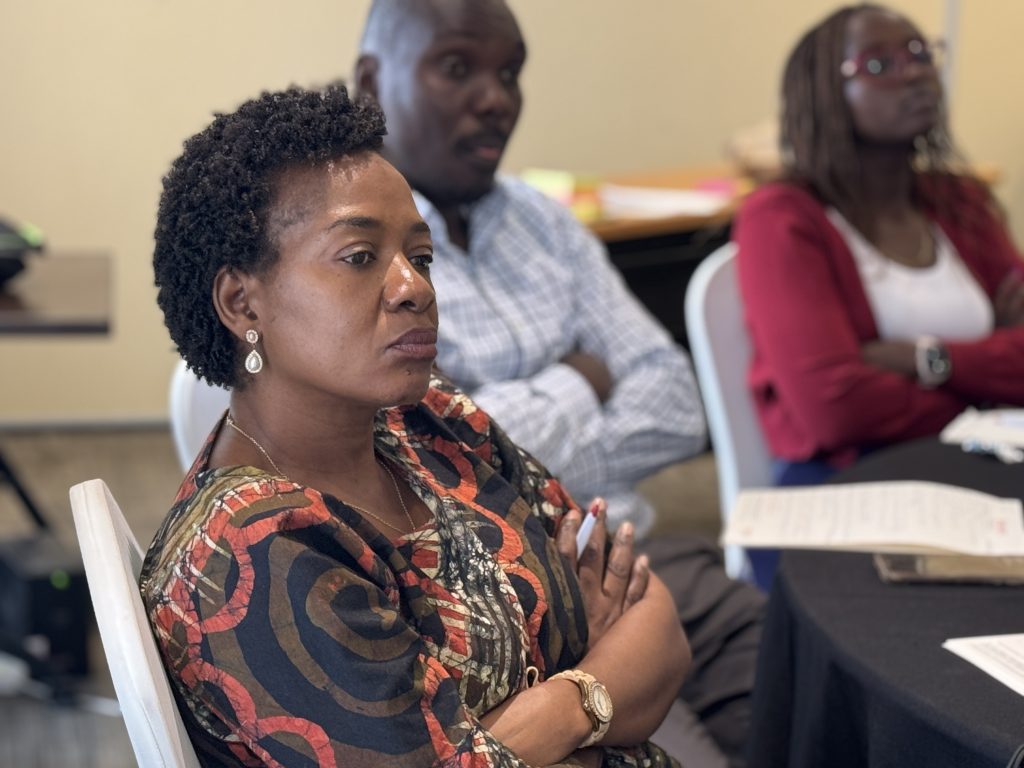
Reflecting on the journey
At the start of the intense five-day training, six senior leaders reflected on various modules from a just-completed 14-week online Eco-Leadership certificate course. They discussed their learning experiences with particular focus on in-depth analysis, relational analysis, and the idea of re-enchanting the humanitarian sector. This culminating session was one of openness and vulnerability along with coaching sessions with Dr. Simon Western, CEO/Founder of the Eco-Leadership Institute, who the Humanitarian Leadership Academy is partnering with to deliver the trainings.
Bhekimpilo Khanye, Country Director of Save the Children International (SCI) Zimbabwe started his learning journey in February of last year, a little earlier to take advantage of the unique opportunity that presented itself. Speaking on using tools and lessons learned from Eco-Leadership to navigate a new role and a huge team change, Bheki said, “It [Eco-Leadership training] could not have come at a better time. Eco-Leadership provided the ‘how’ to co-create and collectively engage, recognising that everyone is carrying a piece of the puzzle. The course helped me to facilitate a process where there was a lot of participation, and everyone felt like they belonged.
I also found it very enriching in terms of self-reflection, personal journey, and the phases that we go through.”
He added, “[Eco-Leadership] can help us localise by default. It is localisation in action without being branded localisation. Eco-Leadership is based on recognition of mutual agency of all parties involved.”
Ashebir Debebe, Country Director for SCI Malawi – a team very much at the start of a change process where tools from Eco-Leadership training could be utilised said, “[We] need to be aware of who are we working with.”
Speaking on how his team’s thinking has expanded, he said, “We used to be very focused only on the inside and not really looking at the wider or future change. That reflection has started. We are trying to decentralise leadership, [we can see that this] increases staff motivation and ownership of what we want to embark on and reduces the workload.”
There was palpable enthusiasm from all six leaders to share these approaches more widely and make them more accessible to the wider humanitarian community.
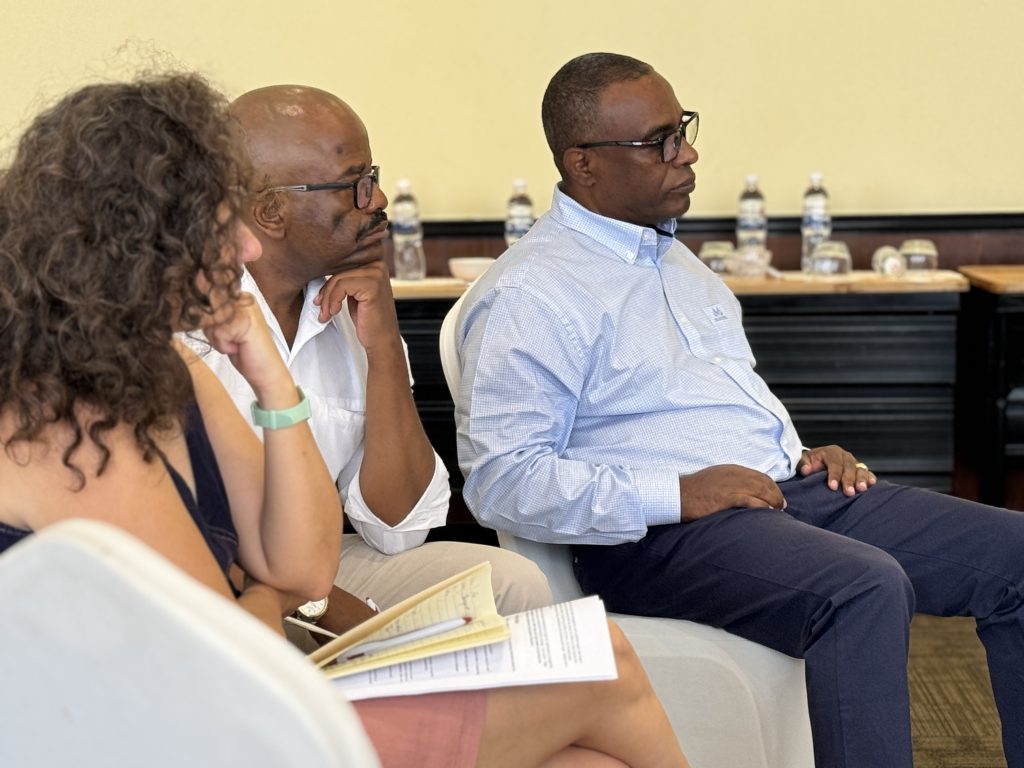
“This is not an invention. It is an observation of leadership over the years.” – Dr. Simon Western
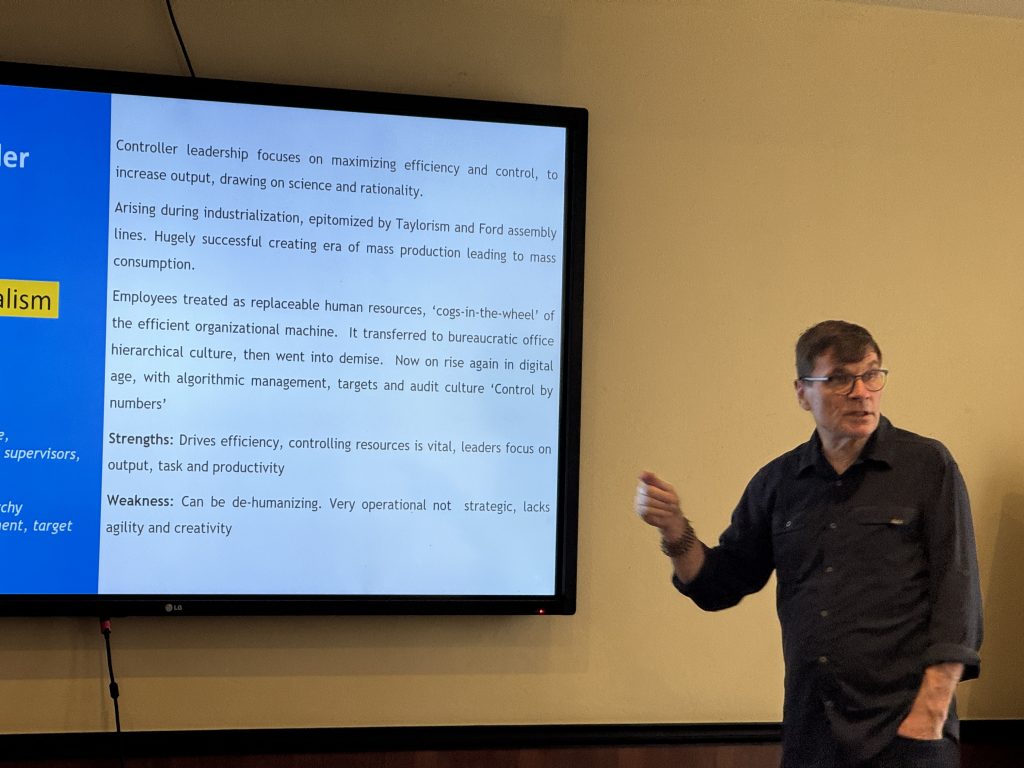
Twenty more colleagues from varying divisions and leadership levels joined on day two which for most was their very first training on Eco-Leadership. The next two days saw participants delving deep into new and sometimes challenging techniques and ways of learning – typical of the way Eco-Leadership training is delivered. Topics covered the chronology of leadership, responses to conflict, thinking, turning emotions to thinking and turning thinking to action.
A session on discussing personal journeys laid a foundation where participants noted that their unique, yet not-so-different personal experiences inform their approach to life and how they lead or view leadership. The themes of hardship, resilience and subsequent success resonated with people in the room thus bonding participants.
Anatoli Rugaimukamu, Programme Director SCI Tanzania who joined on day 2 said: “Leadership has a history and the style that dominates is influenced by what happened in the society, changes, disruptions influenced the emerging type of leadership that is effected in that age. These will continue to exist, they will not phase out. One’s history also shapes one’s leadership very much – your situation in life will shape your dominance approach as a leader.
Personal leadership is very much influenced by your history, circumstance you go through, disruption faced in the course of life – they shape your leadership style and at the end will determine your leadership approach.”
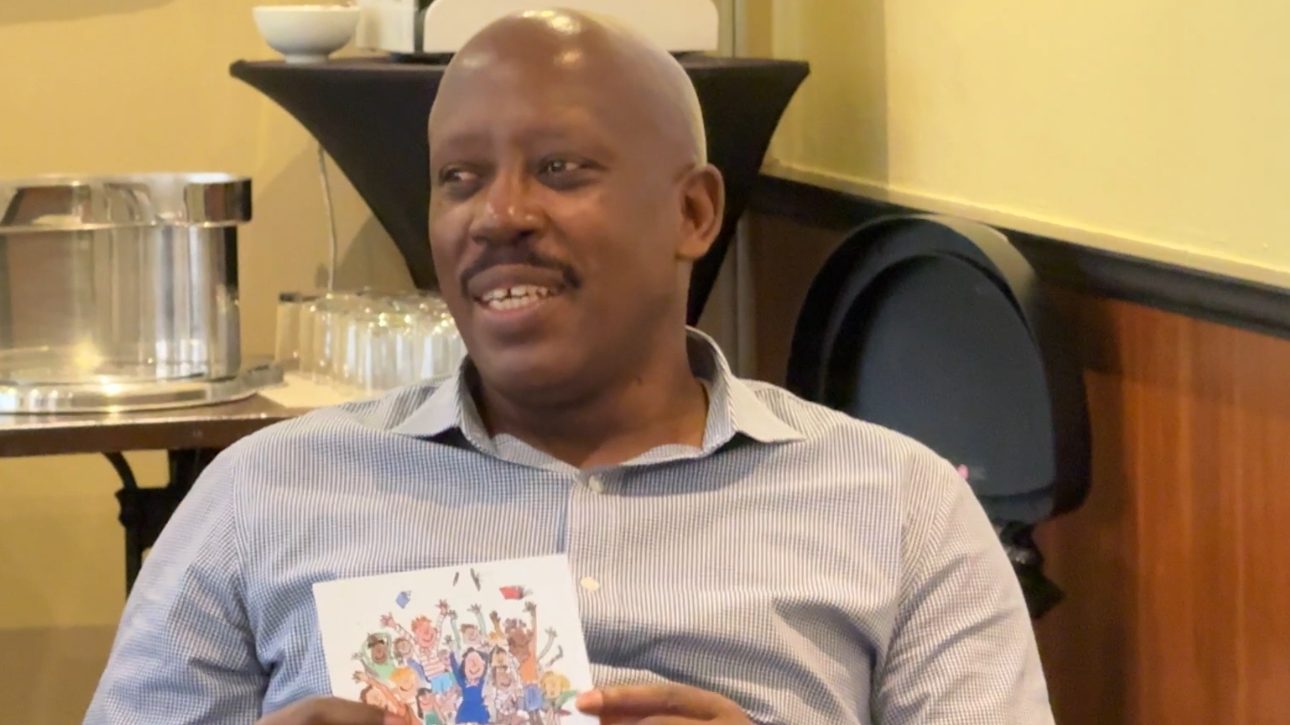
Formal presentations by Dr. Simon Western examined different types of leadership and their timelines to which Dr Chibwana Musavengana (Dr. Musa), East and Southern Africa (ESA ) Regional Humanitarian Policy Advocacy Campaigns Manager noted, “We need to be mindful of the chronology of leadership – how the norm and what was perceived as acceptable has changed overtime.”
Reflecting on the free association matrix exercise, one of the training sessions whose style was unfamiliar to participants, Anatoli said, “the exercise represents our thinking patterns and how the mind works. If you create a free space and set people in it, you see ideas coming out. You can experience germination and people come out freely. As leaders we need to create a safe space where people are free to air out their views or express their genuine feelings without reprisal.”
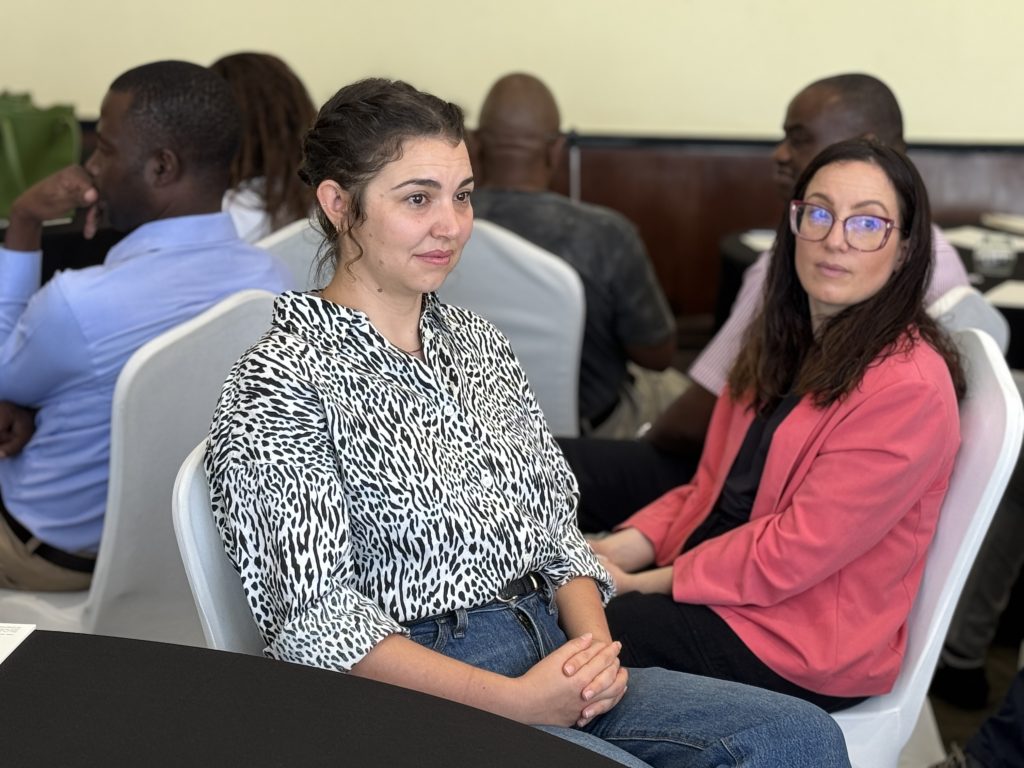
Steph Bradish, Regional Risk Communication & Community Engagement and Humanitarian Accountability Advisor said about the matrix, “it may feel uncomfortable because of the lack of structure but there is a collective sense of thinking that may evolve in the end – no questions asked, just building on a thought process, or creating new ones. It could also be challenging to engage in for people who prefer structure.
When you don’t question other people’s ideas, there is more freedom and space to think innovatively. People tend to listen more. People may also be held down by traditional ways of doing things. The exercise was reflective of what we are trying to achieve… a different way of disbursing leadership. There was a lot of creativity. There may have been a fear of ‘who are we’ and ‘what agency have we got to be able to do this’? A possible fear of failure.”
“The humanitarian approach has to apply eco-leadership and avoid the one size fits all approaches.” – Gugu Xaba
Honesty was a theme that remained constant throughout this training and with it, reflection on what challenges could possibly lie ahead. Gugu Xaba, CEO of Save the Children South Africa said: “There may be challenges of people not wanting to move away from a hierarchical structure, but with leadership comes responsibility to use a diverse view that promotes effectiveness. When we distribute power and lead from the edge, we increase responsibility and distribute accountability. Eco-Leadership acknowledges that everyone in the room has value to share.”
we are…
“coddiwompling towards a different future…”
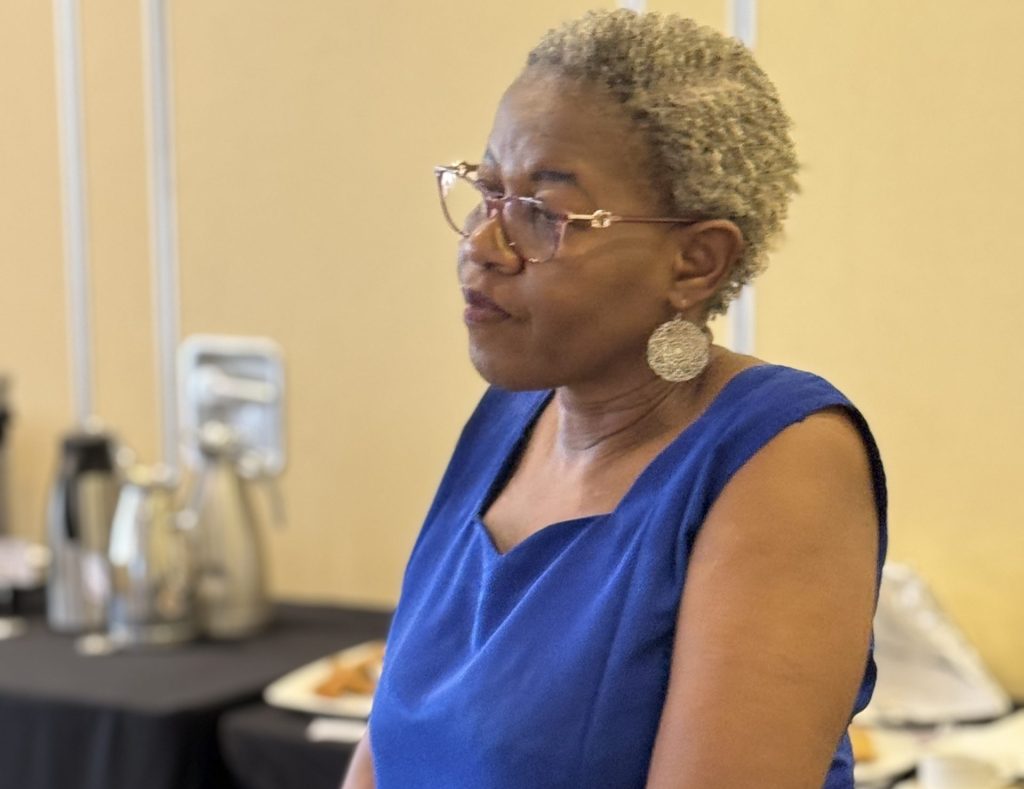
Thomas Lay, Regional Humanitarian Director for East and Southern Africa shared: “We are coddiwompling (coddiwomple: to travel purposefully towards a vague destination) towards a future that will look different, and it may or may not make space for me. If we don’t change, then we won’t know what it will look like.”
Janet Nyaoro, HLA Lead in ESA said: “there’s always a seat on the table. Are we bold enough to occupy that seat and share our views? There is always a seat in the eco-system and as eco-leaders we need to be bold enough to take up that seat.” While Anatoli noted, “we have been looking at leadership as siloed approaches but now, it’s like they build into each other I’ll be looking at leadership from a holistic thinking. It’s not one style, it’s a combination and in an organisation or team, you would find it coming, depending on circumstances.”
Learning into practice and looking ahead
One of the last sessions – eco-system mapping saw participants thinking about, challenging and drawing out their personal eco-systems. This exercise exposed how interconnected eco-systems in the region are with community level, national level and international level linkages across all participants. Participants gave their maps fun but reflective names such as Chaos Octopus, Circles of Trust, Spider, Assembly Line, Tree of Life; the exercise though tasking, as it included thinking about the relationships; it was also highly rewarding. It led to a full group exercise of mapping the eco-system of the entire SCI Tanzania office.
Yvonne Sarchi, Regional Humanitarian Operations Specialist shared, “it’s interesting how diverse our eco-systems are, how connected we are but we are not aware. This activity has brought that to light. Thomas added that, “it is easier to become more outcome orientated focused with Eco-Leadership.
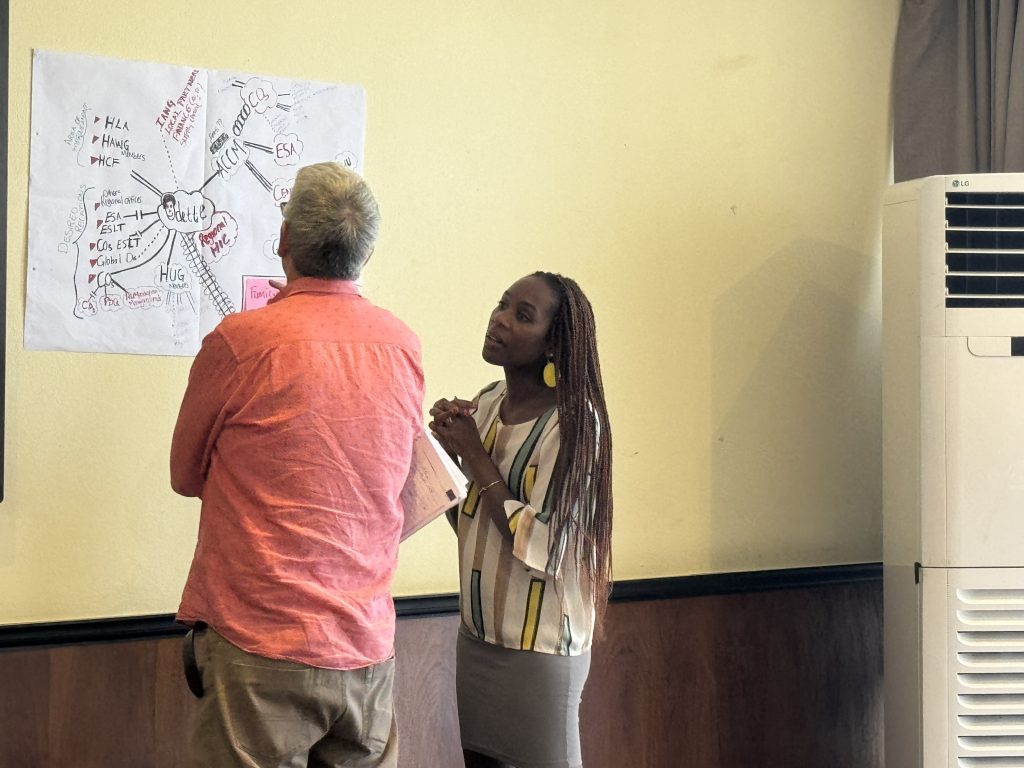
All participants recognised that there may be a need for behaviour change at various levels in encouraging more people to ‘lead and let lead’, with the belief that Eco-Leadership can bring harmonisation in hierarchical thinking.
Dr. Victor Minja, Humanitarian Fund Response Manager in SCI Tanzania said: “Reframing and changing mindsets is pivotal in the humanitarian sector. We must break free from old paradigms, question narratives, and embrace innovative approaches. Eco-Leadership provides the ‘how’ to co-create, fostering participation and belonging, ultimately empowering us to navigate the complex challenges ahead.”
Colleagues from Tanzania are looking to scale elements of their learning up for use by the humanitarian community, local partners, and government.
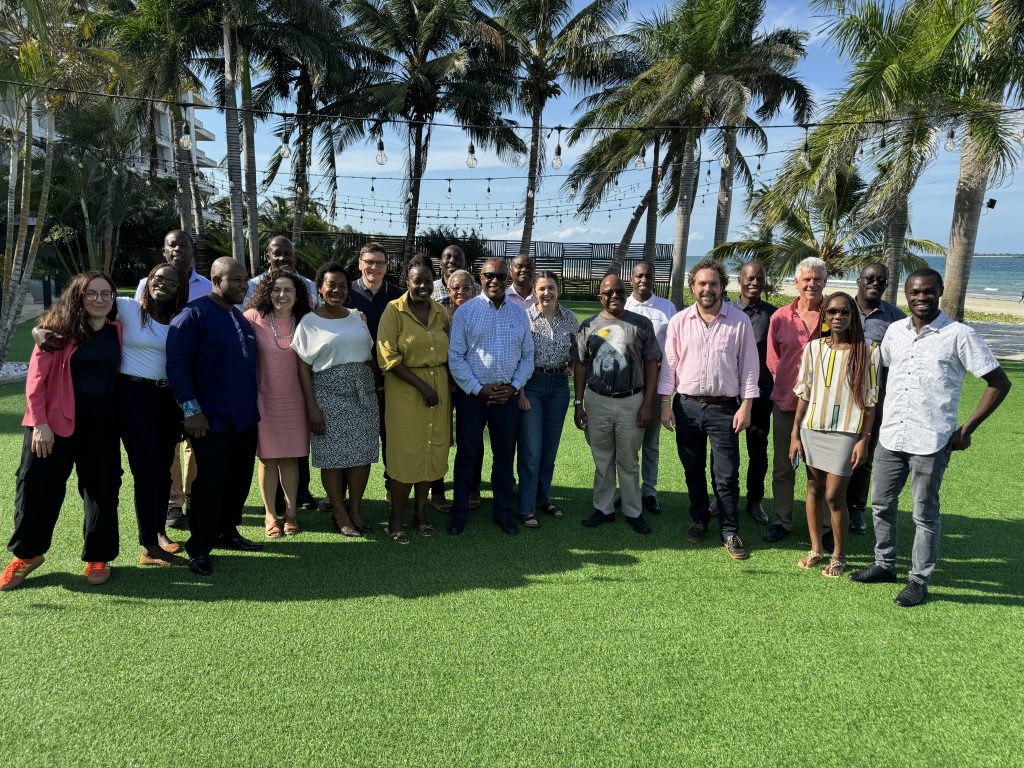
The training has been different, participatory, and innovative in the approach. Within the regional office, I work with a lot of country offices, centers, other regions and so on, this training will help with dealing with issues especially the thinking part – helping with behaviours and decision making.”
Related News
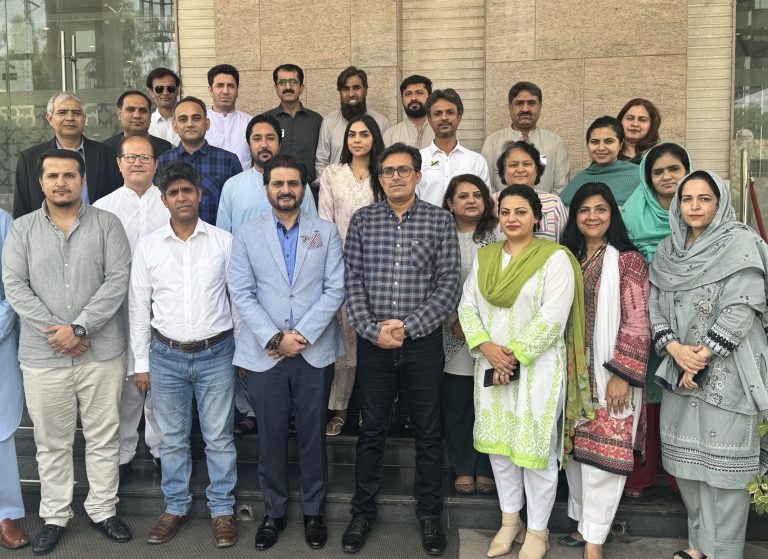
Preparing for climate-induced challenges and emergency humanitarian response in Pakistan
19th July 2024
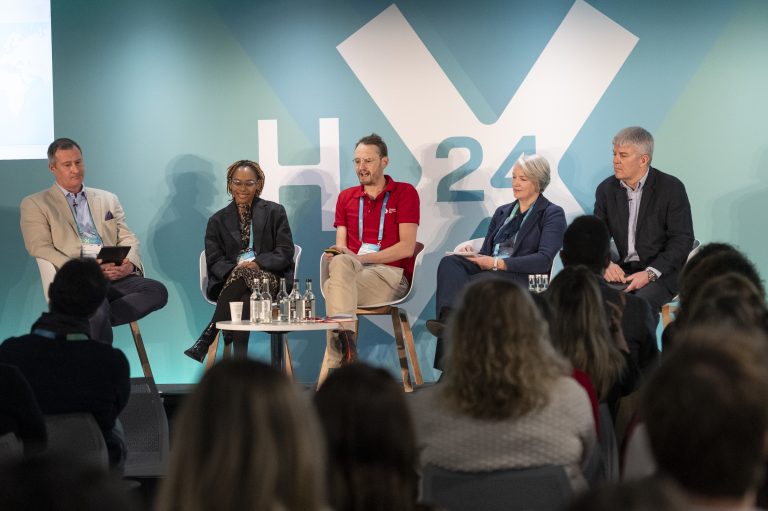
Humanitarian Xchange named Best Charity Event/Event for Positive Change in the Conference and Event Awards
17th July 2024
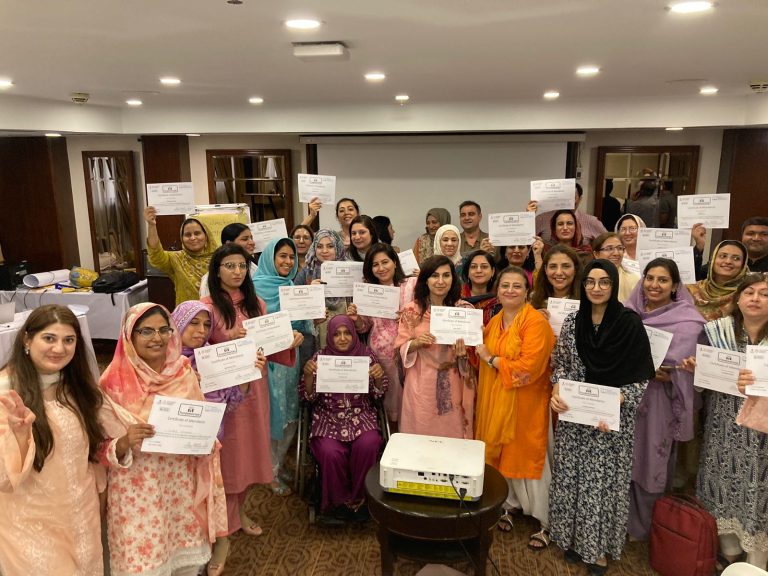
Innovative Education in Emergencies training approach for women in Pakistan
12th July 2024